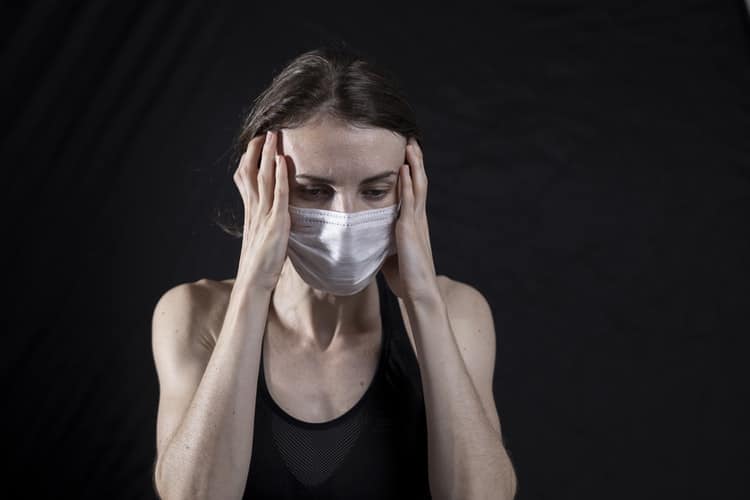It is finally springtime and that means one thing – seasonal allergies. During a global pandemic, allergy season is more confusing than ever, as many of the telltale symptoms of hay fever are also symptoms of COVID-19. Below is a look at how you can tell the difference.
Symptoms of COVID-19

Most of us are familiar with the common symptoms of COVID-19 as they are displayed on posters around town, including on the entryway at restaurants such as Swordfish Cocktail Club. According to the Center for Disease Control (CDC), people with the following symptoms may have COVID-19:
- Fever.
- Cough.
- Shortness of breath or difficulty breathing.
- Fatigue.
- Muscle or body aches.
- Headache.
- New loss of taste or smell.
- Sore throat.
- Congestion or runny nose.
- Nausea or vomiting.
- Diarrhea.
The most common symptom of COVID-19 is a fever, affecting about 78% of all confirmed cases. Other main symptoms are a dry cough, headache, fatigue and loss of smell or taste. The rest of the symptoms on the list put out by the CDC are considered uncommon symptoms. These uncommon symptoms, such as congestion and a sore throat, are often associated with seasonal allergies.
Symptoms of Allergies
Seasonal allergy symptoms include:
- Runny nose.
- Watery eyes.
- Sneezing.
- Coughing.
- Itchy eyes and nose.
Even though some are similar to the list of symptoms commonly associated with COVID-19, there are some key distinctions. A seasonal allergy cough is different from a dry COVID cough. A cough usually experienced by someone with spring allergies is considered wet or productive, as it is the result of a postnasal drip.
Another easy way to tell what is causing your symptoms is to take an antihistamine. If your symptoms get better or go away completely, this is a good sign that allergies are to blame.
Symptoms of a Common Cold
Since COVID-19 is at the top of everyone’s mind, it is easy to forget that there are still other viruses going around. The common cold is just as contagious as it always is, and you can still be exposed to the virus even if you are following proper COVID-19 safety procedures. To learn more about seasonal allergies or to schedule an appointment with an allergy expert, contact Foothills ENT and Allergy and Hearing Center today.